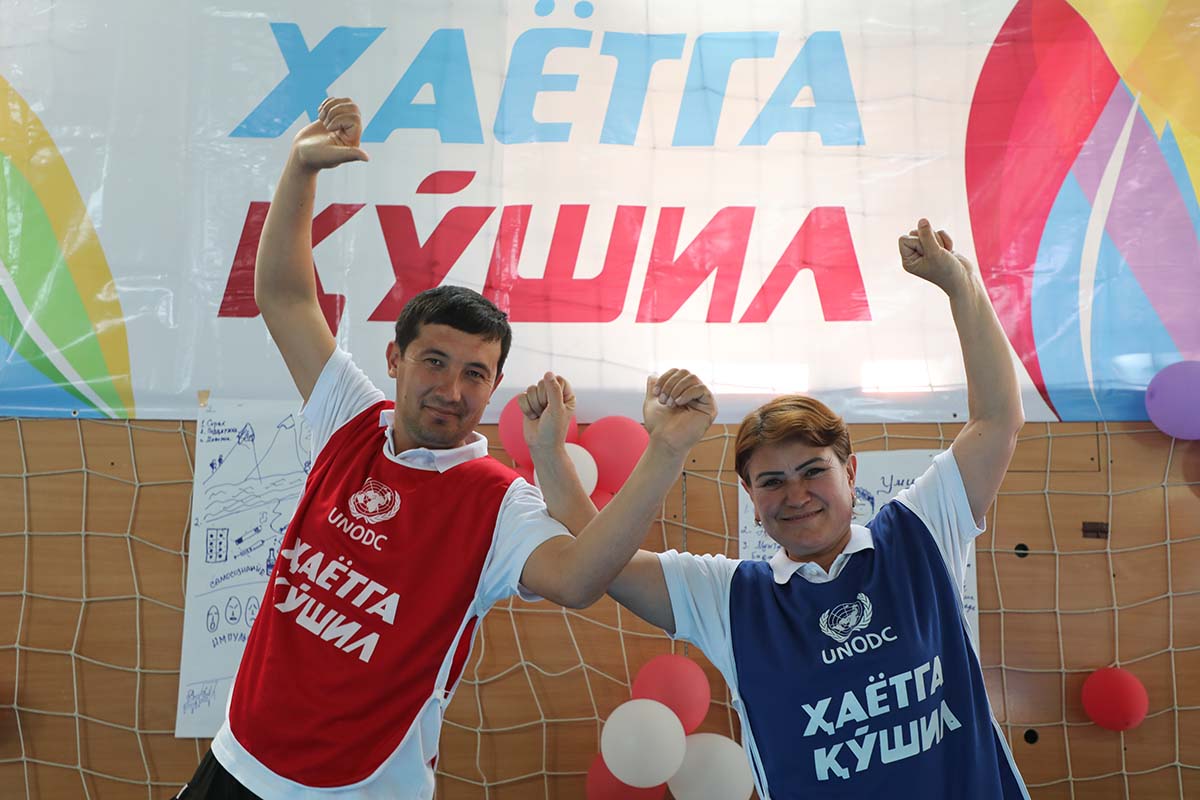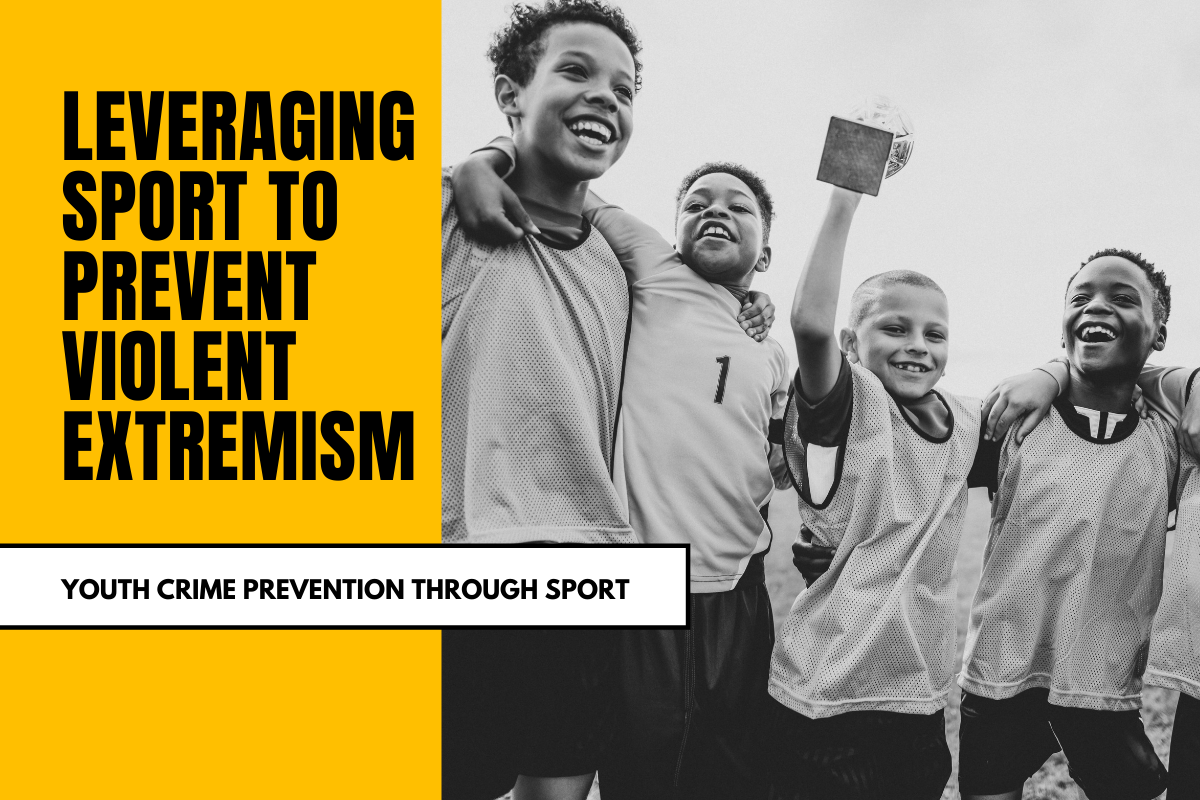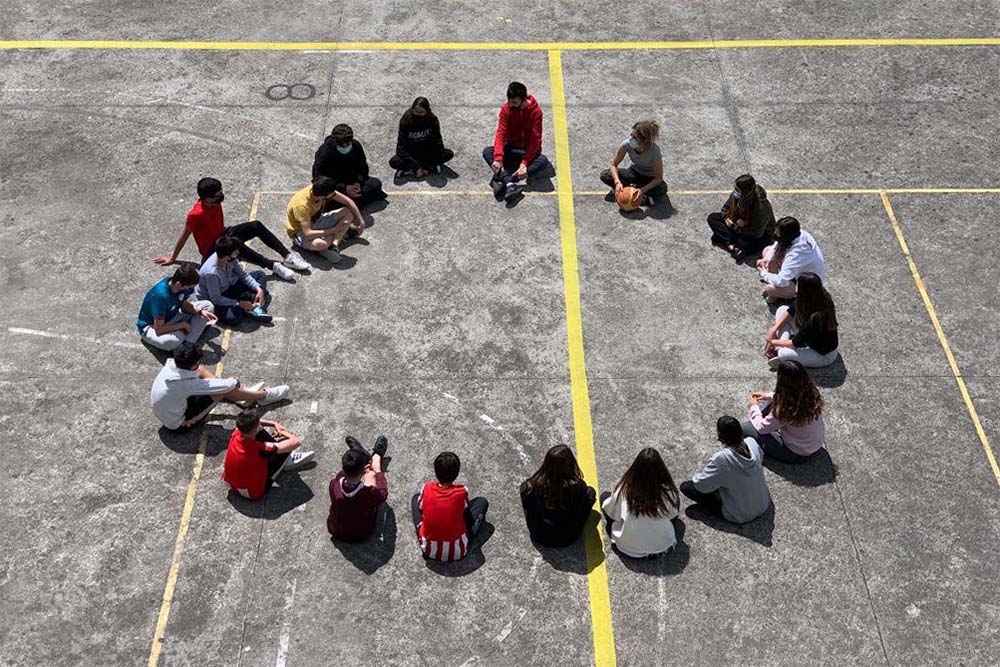UN Commission on Crime Prevention and Criminal Justice addresses the role of sports in crime prevention

06 June 2019 - Nearly every aspect of crime and justice was brought up in Vienna during last month's 28 th Commission on Crime Prevention and Criminal Justice (CCPCJ), in what was a very eventful week for UNODC and for its Global Programme for the Implementation of the Doha Declaration. Of direct relevance to the Programme's component on sports were two resolutions on crime prevention that were tabled and passed by the CCPCJ, the principle policymaking body of the United Nations in the field of crime prevention and criminal justice.
Titled " Strengthening the engagement of all members of society in crime prevention," the first resolution in question stresses the importance of fostering partnerships with civil society and the private sector for prevention. It also encourages UNODC to enhance efforts in supporting Member States to prevent violence against women and girls, and to develop programmes to tackle crime at the local level. Mentioning the Global Programme's Line Up, Live Up curriculum, the resolution also welcomes UNODC's work in facilitating sport-based life skills training to prevent crime, violence and drug use among at-risk youth, and its work on parenting for early prevention.
In a second resolution titled " Integrating sport into youth crime prevention and criminal justice strategies," Member States are encouraged to advance the integration of sports into cross-cutting crime prevention and criminal justice strategies, calling on UNODC to continue identifying and disseminating information and good practices on the use of sports in connection with crime and violence prevention. More specifically, the resolution asks to examine possibilities to use sports in the prevention of violence against women and children, as well as in the context of the social reintegration of offenders, and to provide advice and support to policymakers and practitioners.
Reacting to the adoption of these two resolutions, Crime Prevention and Criminal Justice Officer of the Youth Crime Prevention through Sports initiative, Johannes De Haan, remarked: "The fact that the Commission explicitly welcomes our work is a recognition of the achievements of the Global Programme. The resolutions motivate us at UNODC and our counterparts in countries across the world to continue our efforts to promote the use of sport-based activities, as part of comprehensive and community-based crime and violence prevention interventions."
Meetings of the Commission feature many side-events where representatives of Member States, civil society and the UN meet to discuss ongoing initiatives and programmes to reduce crime. During a side-event organized by the Government of Thailand around sports, delegates from different parts of the world confirmed the unique ability of sports and physical activity to bring people together, imparting a feeling of community and belonging, and having an overall impact on individuals for the good of society as it teaches teamwork and solidarity and team-play. In this regard, experts highlighted that sports can strengthen youth resilience to crime as it offers the opportunity to boys and girls to acquire not only sports-related life skills, but also a wide-range of other competencies.
In the spirit of the above resolutions, UNODC, including through the Global Programme for the Implementation of the Doha Declaration, will continue to assist countries with youth crime prevention and the social reintegration of offenders, by introducing evidence-informed initiatives that make use of sports and physical activity. By organizing expert meetings, providing technical support and advice to policymakers and practitioners while cooperating with other UN entities and sport federations, UNODC hopes to deliver a long-lasting impact in this field.
Additional information
Youth Crime Prevention through Sports
Line Up, Live Up Training Manual
Line up to live up: how sports can help prevent violent extremism in youth


